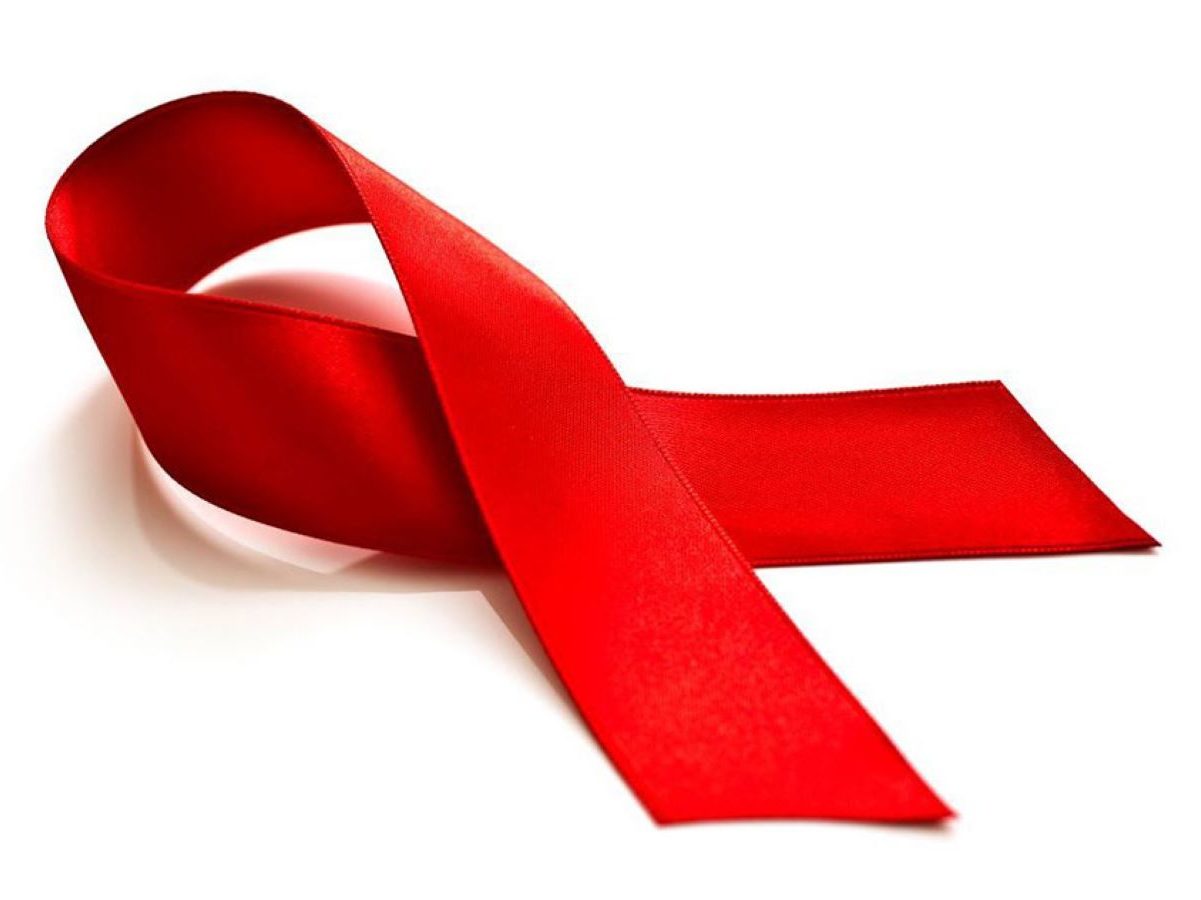The United States commemorated the 40th anniversary of the country’s first known case of AIDS on June 5th. A CDC report released on June 5, 1981 marked that historic moment. Since then, HIV has affected many millions around the world. To date, it has taken the lives of 32.7 million children and adults, and currently more than 38 million persons are living with HIV globally.
While scientific developments have made a tremendous difference in the lives of people living with HIV and those at risk for HIV, there is a long way to go before the world realizes the goal of a world without AIDS.
In her commentary — Beyond the Magic Bullet: What Will It Take to End the AIDS Epidemic? — published by the American Journal of Public Health, ICAP’s founder and global director, Wafaa El-Sadr, MD, MPH, MPA, reflects on four decades of the global response to this epidemic and considers the steps needed to get us closer to the day when HIV is history.
As ICAP continues its work toward toward that day, Dr. El-Sadr’s commentary provides a critical blueprint for the way forward for the prevention of HIV infection. We hope you will take time to read it and share it.








